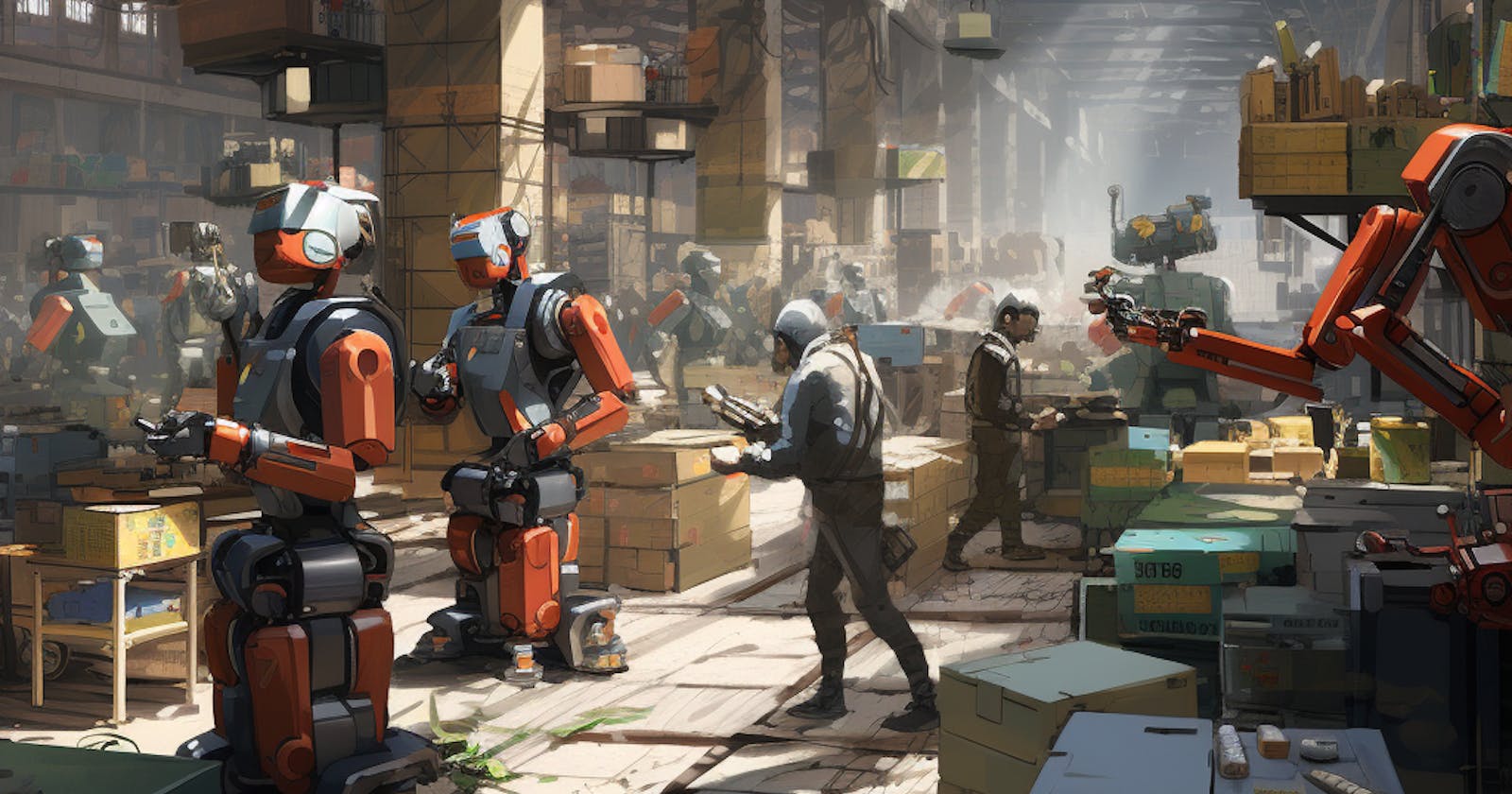Introduction
Artificial Intelligence (AI) has come a long way since its early days as an academic curiosity in the mid-20th century. From intelligent assistants to autonomous cars, AI is reshaping the world as we know it. But besides its fancy applications in consumer products, today AI is a technology that is transforming various industries to their core. One of the domains that is seeing rapid transformation is the supply chain and logistics industry. In this article, we will explore some of the most exciting use cases of AI in this domain and discuss how businesses can benefit from this transformation.
Crafting the Crystal Ball: Enhanced Demand Forecasting
Businesses in the past used to rely on past sales and intuition to predict demand. However, in today’s world, AI has become the modern-day oracle. Analyzing diverse datasets that cover market dynamics, customer behavior, and even global events provides an unparalleled view of future demand. Better demand forecasting does not just predict sales; it also helps businesses synchronize inventory levels with production cycles. Such precise forecasting guarantees that companies operate with lean inventories, minimizing waste while remaining flexible enough to respond to sudden demand surges.
Building Stronger Supply Chain Alliances: Supplier Relationship Management
Managing a diverse pool of suppliers has always been akin to juggling. Each supplier is a distinct entity with its own performance metrics and delivery histories. Artificial intelligence simplifies this process by thoroughly analyzing each supplier’s track record, assessing potential risks, and forecasting their future reliability. With AI, businesses can now establish stronger, data-driven relationships with their suppliers, ensuring that the supply chain remains unbroken.
Beyond the Naked Eye: The Magic of Computer Vision
While computer vision technologies have stirred controversy when applied to human scenarios, such as surveillance, their application in supply chain contexts is undeniably beneficial. Imagine an ever-watchful guardian in warehouses, one that misses nothing. That’s computer vision for you. Beyond just tracking inventory, it scrutinizes product quality, detects anomalies, and even aids in intelligent storage solutions. With computer vision, manual errors are significantly reduced, ensuring that the supply chain operates with clockwork precision.
The Logistics Maestro: Refined Transportation Management
Transporting goods is a complex symphony of variables: routes, fuel costs, vehicle health, and load distribution. AI algorithms analyze real-time traffic data, weather patterns, and historical transit times to orchestrate the most efficient shipment paths. This minimizes delays and ensures on-time deliveries, a critical measure of customer satisfaction and business success. But AI doesn’t just direct the flow; it ensures each vehicle carries the perfect pitch by balancing loads. Sophisticated machine learning models predict the best way to utilize cargo space, reducing the number of trips and saving fuel. This not only slashes costs but also reduces the carbon footprint, playing a symphony for sustainability. The result? Goods are transported faster, cheaper, and smarter.
Green Benefits and Hidden Challenges
Operational efficiency and environmental sustainability aren’t always perceived as partners. AI challenges this notion. By improving routes, it cuts down on fuel use. Better warehouse practices lead to less energy use and waste. Simply put, AI doesn’t just boost profits—it shows a dedication to environmentally-friendly actions.
Conclusion
As with any transformative journey, AI’s implementation into supply chain and logistics isn’t without its hurdles. Only some of these challenges are technical - for example, the integration with existing legacy systems. But since we’re talking about one of the most impactful innovations in recent history, the main challenges are on a higher level, and they concern our relationship with this technology as human beings.
It all starts with data. Key challenges include ensuring data privacy and using unbiased datasets to guarantee that the solutions we are building are inclusive. In addition to this, we shouldn’t ignore the fact that AI is more and more associated with the workforce’s apprehensions about job losses. It’s crucial to find a middle ground and to promote a human-centric approach. Combining AI’s insights and automation capabilities with human intuition and industry expertise is the best way to ensure we embrace innovation without compromising civilization.

